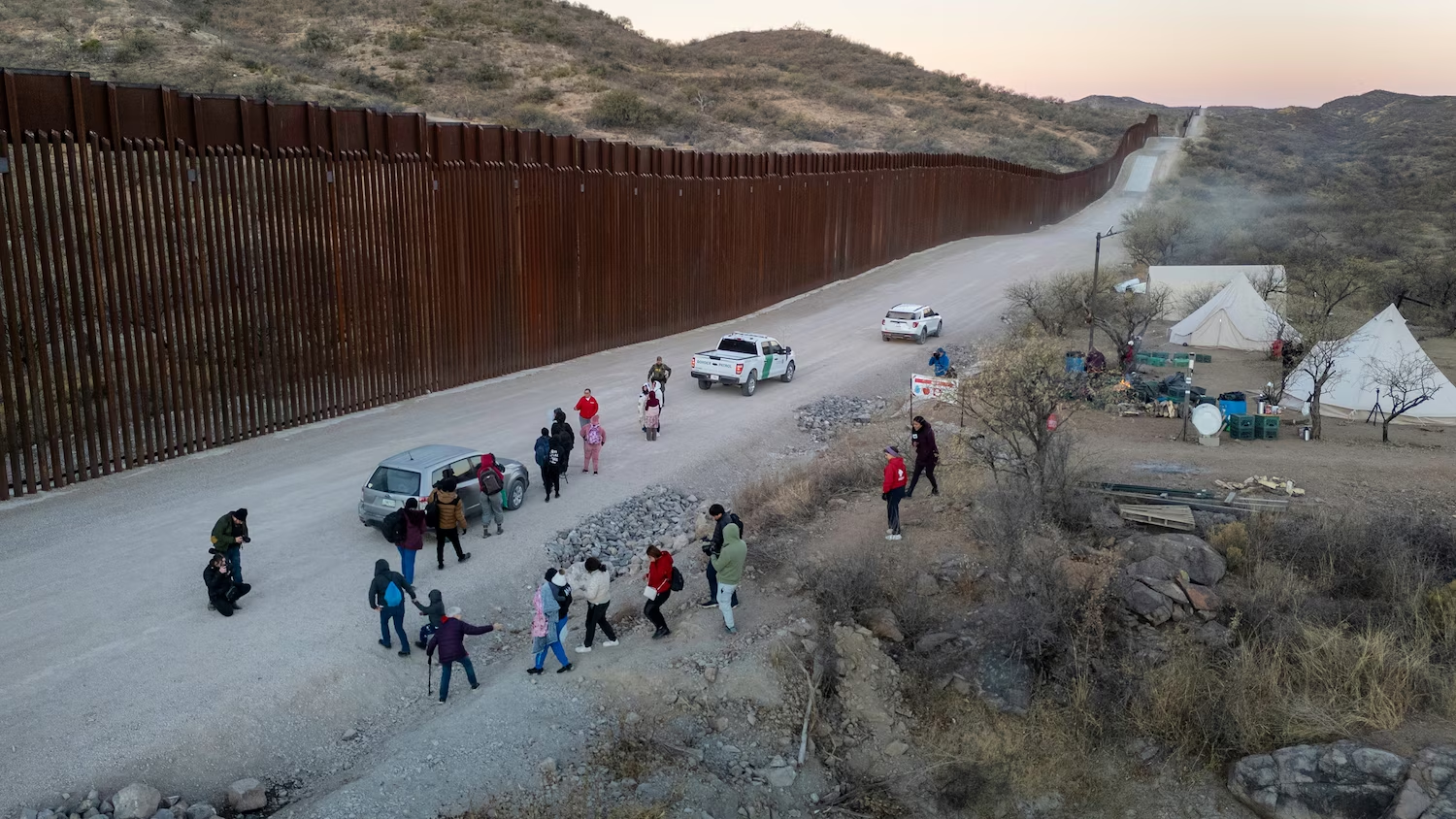In the wake of the Trump administration’s indefinite refugee ban, a pressing humanitarian crisis looms as over 120,000 refugees approved for resettlement in the U.S. by the Department of Homeland Security now find themselves stranded in distressing circumstances abroad. The Pacito v. Trump case, spearheaded by CWS and allies, stands as a beacon of hope for these individuals as oral arguments are scheduled for September 19. The Ninth Circuit holds the key to potentially unlocking relief for approximately 14,000 refugees awaiting a decision on their fate, following the court’s initial delay in implementing a compliance framework.
Moreover, concerning reports have surfaced suggesting a drastic shift in refugee admissions policy, with officials contemplating setting the annual admissions goal at a mere 40,000 for Fiscal Year 2026, earmarking a substantial portion for white South Africans. This proposal starkly diverges from the Biden administration’s ambitious target of resettling 125,000 refugees this fiscal year, raising profound ethical and moral implications.
In a parallel legal battle, twenty states and the District of Columbia have mounted a challenge against the Trump administration’s decision to withhold crucial grant funding allocated for supporting crime victims in states deemed as “sanctuary” jurisdictions. This controversial move has sparked a constitutional dispute, with the plaintiffs arguing that such actions infringe upon both the separation of powers and federalism, undermining the fundamental principles upon which our nation was founded.
As the clock ticks towards the grant application deadline on August 20, swift intervention by the courts is imperative to safeguard the rights of crime victims and uphold the rule of law. The outcome of these critical legal battles holds the power to shape the trajectory of refugee resettlement and federal-state relations in the United States for years to come.

